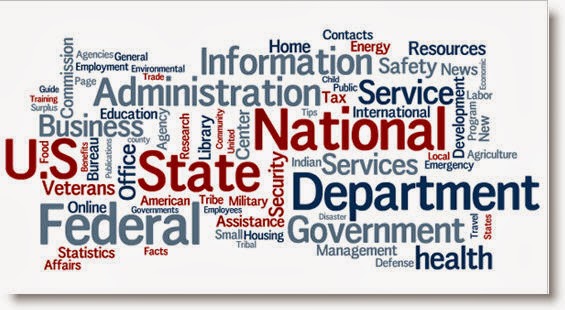There are many perceptions about government in Washington D.C. – political campaigns or press conferences with a mayor or congressman. Yes, there is some of that, but there is much more. Let’s explore how government public relations works and some things I’ve learned over the years.

What is it like?
There are many opportunities in government. Think of the city you live in and the news. Every day you see stories about police, fire, public meetings, road closures, housing, rezoning and much more. In fact, government seems to make up a lot of the news and media relations is a part of the job. There are other tasks like websites, graphic designs, safety campaigns, community engagement, social media, employee communications and many more = similar to working in-house for a business. Depending on where you live you might work in a communications department that represents the whole city or you may work strictly for a department such as transit, fire, utilities or police. There are also county systems, state departments and federal departments.
What I’ve learned…
Everything is public information. Any time you send an email, write a news release or post on Twitter for your job, it’s public information. In fact when you look for a job, the public relations positions are usually classified as public information officers. In government, anyone can request information and you will have to provide information if it is available. So you need to save a lot of things and be proactive in pushing out information that is useful to the public.
Good writing skills and strategic thinking are essential. Like other PR jobs, good writing skills will go a long way. You still need to be able to write a press release and other content. Likewise, you will be involved in big projects that require research, identifying stakeholders and target audiences, creating goals and objectives, selecting tactics and measuring your success.
Try to be as proactive as you can, but sometimes you have to be reactive. A lot of times things beyond your control will happen fast and the media may come to you before you know about it such as a sinkhole forming on a heavily traveled road during evening rush hour. It may take some time to get your information together, but you learn to give what information you have at that time. Remember that government is often a resource of information and a lot of times media will come to you first. It might seem like it is reactive, but you might already have a plan of what to say for different issues
When it comes to budget, think nonprofit. There is some money allotted to communications, but it is usually limited. Government works for the public and needs to be selective in where money goes. This goes back to why strategic planning is important. You can still be creative and create campaigns when needed, but it is usually on a tight budget.
Be patient. Sometimes priorities change or the budget is cut and your project is put on hold. Also, some pieces of information may need to be reviewed by many people before you can finalize it. Things will get done, but it may take longer than you expected.
You can really be proud of your work and make a difference. At our organization, we say “Public service is our business.” You will be involved in a lot of large projects. You’ll get to be engaged with your community and help bring projects together. I’ve worked behind the scenes during snow storms and realize how important it is to get the right information to the right people at the right time. I can walk down the street and see something I was a part of and it gives me a sense of pride. I’ve also met some of the hardest working people in government.
Government public relations is a great place to start your career. It’s similar to other fields and you’ll be able to use a lot of your skills. It’s challenging and rewarding. There are many options of where to work; you just have to find them.
 Nicole Ramsey works as a Strategic Communications Manager for the City of Charlotte’s Corporate Communications and Marketing department in Charlotte, NC. She also is a member of the PRSA Charlotte’s New Professionals board. Nicole graduated with a M.A. in Communication Studies from the University of North Carolina at Charlotte and a B.A. in Communications from the University of Louisville.
Nicole Ramsey works as a Strategic Communications Manager for the City of Charlotte’s Corporate Communications and Marketing department in Charlotte, NC. She also is a member of the PRSA Charlotte’s New Professionals board. Nicole graduated with a M.A. in Communication Studies from the University of North Carolina at Charlotte and a B.A. in Communications from the University of Louisville.

